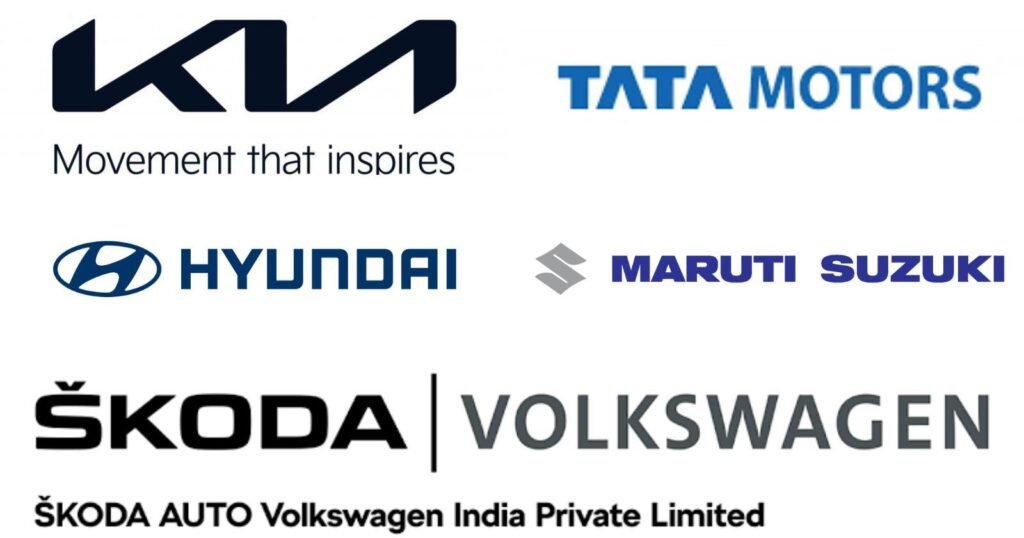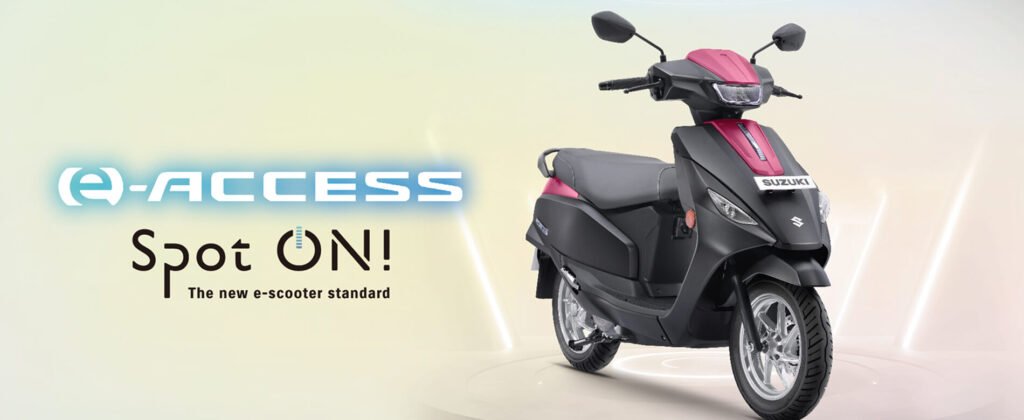In a significant boost for India’s electric vehicle (EV) sector, the Goods and Services Tax (GST) Council has decided to retain the concessional 5% GST rate on all categories of EVs, as part of the transformative “GST 2.0” overhaul. This decision, announced during the Council’s recent meeting, ensures that both mass-market and premium EVs remain exempt from higher tax slabs, reinforcing India’s commitment to clean mobility and sustainable transportation. Amid speculations that luxury EVs could face increased taxation, the Council’s clarification provides relief to automakers and consumers alike, fostering growth in one of the world’s fastest-growing EV markets.
The GST 2.0 framework introduces a streamlined two-slab structure: a 5% rate for essentials, an 18% standard rate, and a 40% bracket reserved for sin and luxury goods. This overhaul aims to simplify compliance, reduce tax evasion, and align India’s tax system with global standards. Previously, there were concerns that premium EVs, such as the Tata Avinya (expected price: ₹30–60 lakh) or high-end variants of the Hyundai Creta Electric (₹23.66 lakh for Excellence 51.4 kWh), might be reclassified under the 18% or 40% slabs, potentially increasing costs for buyers. However, the Council’s decision to maintain the 5% GST rate across all EV categories, with no additional cess, ensures affordability and supports India’s goal of 30% EV penetration by 2030.
The retention of the 5% GST rate is a game-changer for India’s EV industry, which is witnessing rapid growth driven by models like the Tata Curvv EV, Hyundai Creta Electric, and the upcoming Tata Avinya.
The GST Council’s decision aligns with efforts to address key barriers to EV adoption, such as range anxiety and upfront costs. By keeping taxes low, EVs remain financially viable compared to ICE vehicles, especially as charging infrastructure expands.
Industry leaders have welcomed the decision. Tarun Garg, COO of Hyundai Motor India, stated, “The 5% GST retention is a progressive step that will accelerate EV adoption, making sustainable mobility accessible to all. For consumers, the low GST rate translates to significant savings. For a ₹20 lakh EV like the Creta Electric Executive, the 5% GST amounts to ₹1 lakh, compared to ₹5.6 lakh plus cess under the 28% slab for an equivalent ICE SUV. This cost advantage, coupled with lower running costs (₹1–2 per km for EVs vs. ₹10–15 for petrol/diesel), makes EVs an attractive choice, especially during the festive season.



